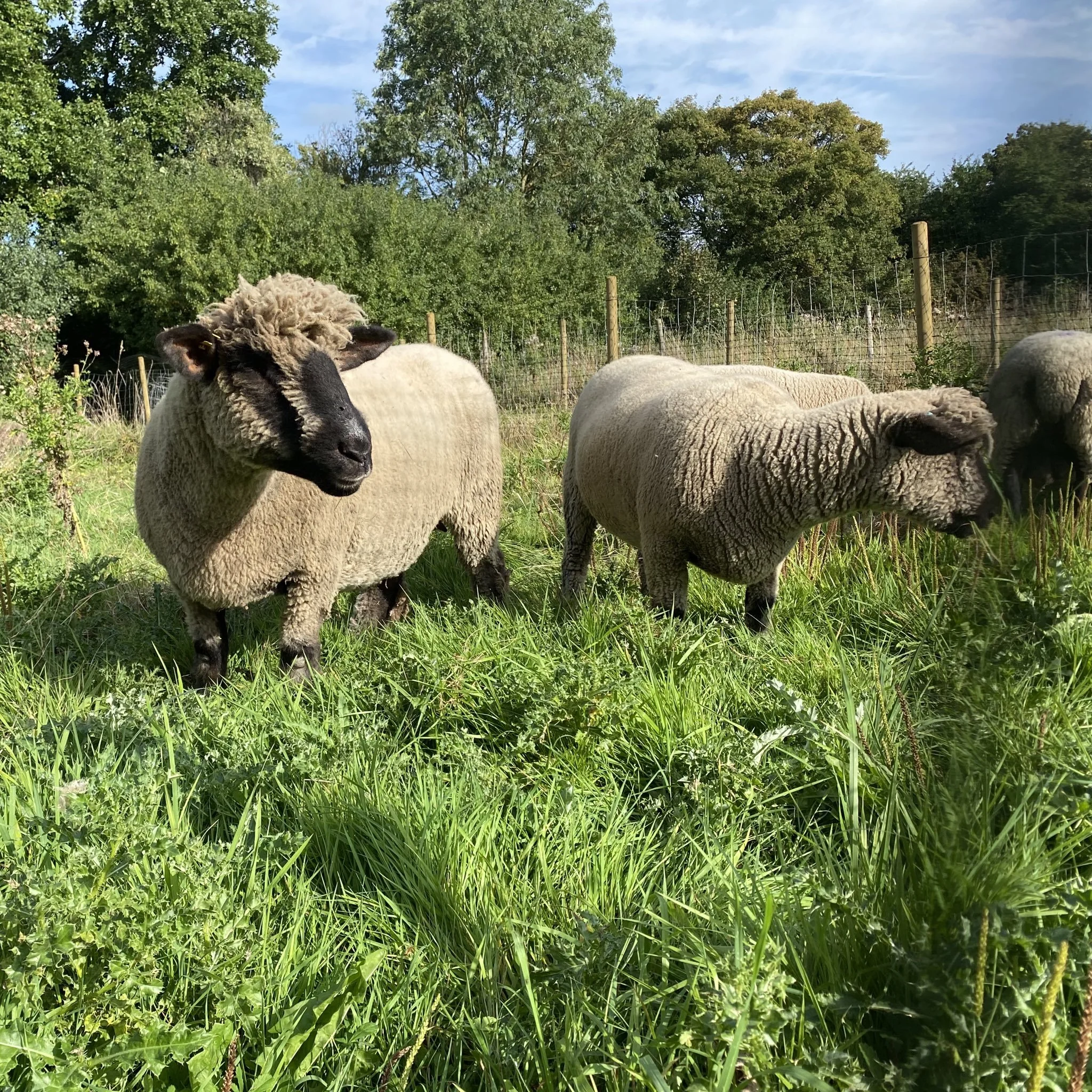Regenerative grazing on Hampstead Heath
Regenerative grazing.
The idea of regenerative grazing is a simple concept involving the use of grazing animals to manage park areas, in an approach to maintenance that is more environmentally friendly and cheaper than diesel mowing.
Trials have been going on using a range of Mudchute Farm’s animals, although it is usually the sheep that get the job. Not only are these easy to transport and pen on site, they are less messy than larger animals - both in terms of the natural fertiliser they leave behind, and their smaller feet and lighter weight means they don’t churn up the ground.
As an alternative to mowing, using ruminants like sheep to graze boosts biodiversity by helping to create a better environment for new habitats for small animals and wildflowers. Not only do they crop the grass, but the also help keep down overgrown vegetation, such as nettles and brambles, allowing more sensitive species to flourish.
Mudchute’s sheep have been used on the 790 acre Hampstead Heath, and have even graced Green Park by Buckingham Palace. Traditionally, many of London’s parks and commons were grazing stops for animals on their trek to market, so the sheep are marking a return to an age old tradition.
Established in the 1970s, Mudchute Park and Farm is one of the largest city farms in Europe. With 32 acres of countryside, located a stone's throw away from the hustle and bustle of Canary Wharf, the farm is a place where you can experience rural life without leaving the city.
We are proud to be one of London's only Rare Breed Survival Trust's Approved Conservation Farm Parks. The farm is home to over 100 animals, including pigs, sheep, goats, cows, ducks, geese, chickens, rabbits, and even llamas. Visitors can get up close and personal with the animals by feeding them or petting them under the supervision of the farm's expert staff.
Mudchute Park and Farm is free for all. Support our education and conservation work.

